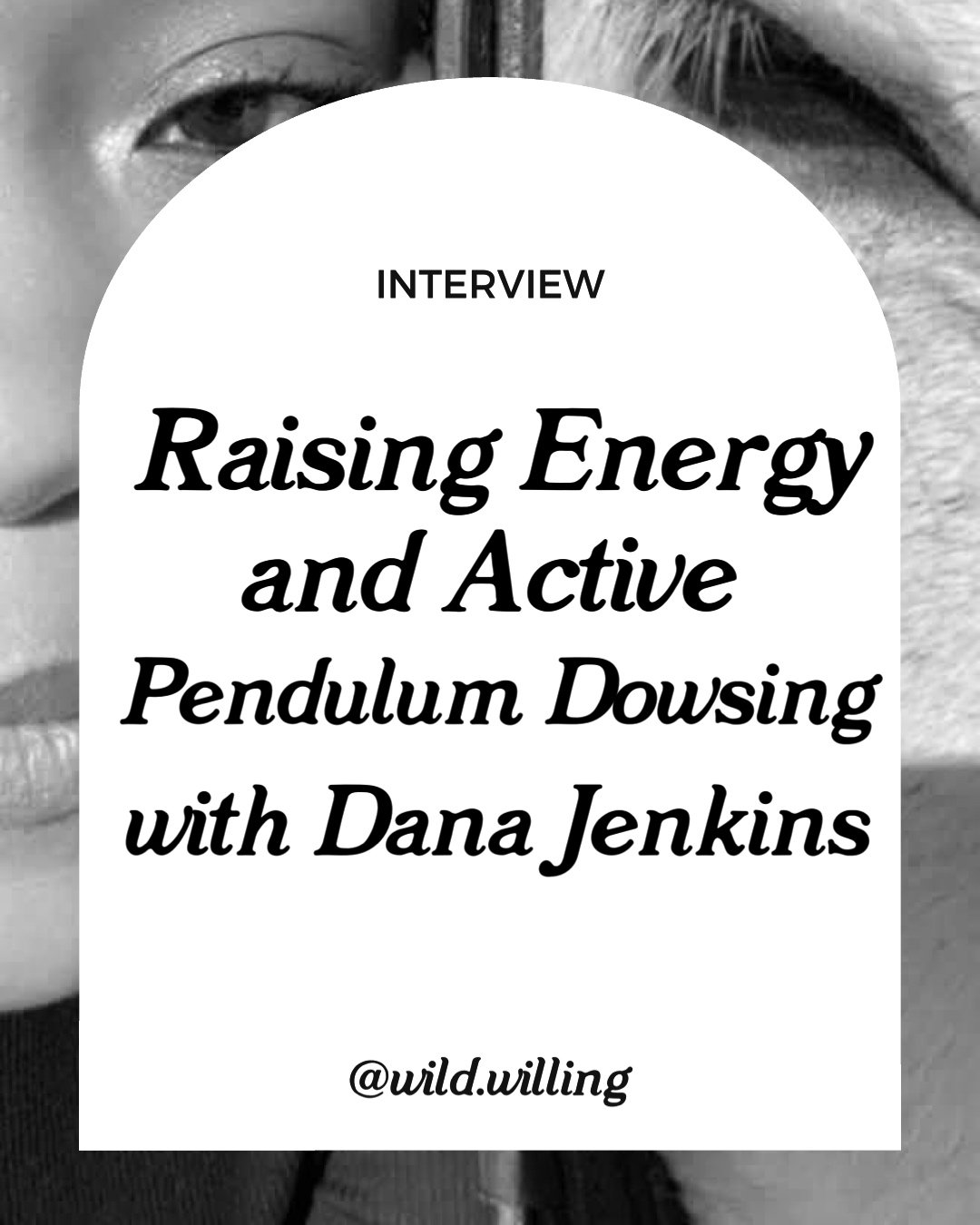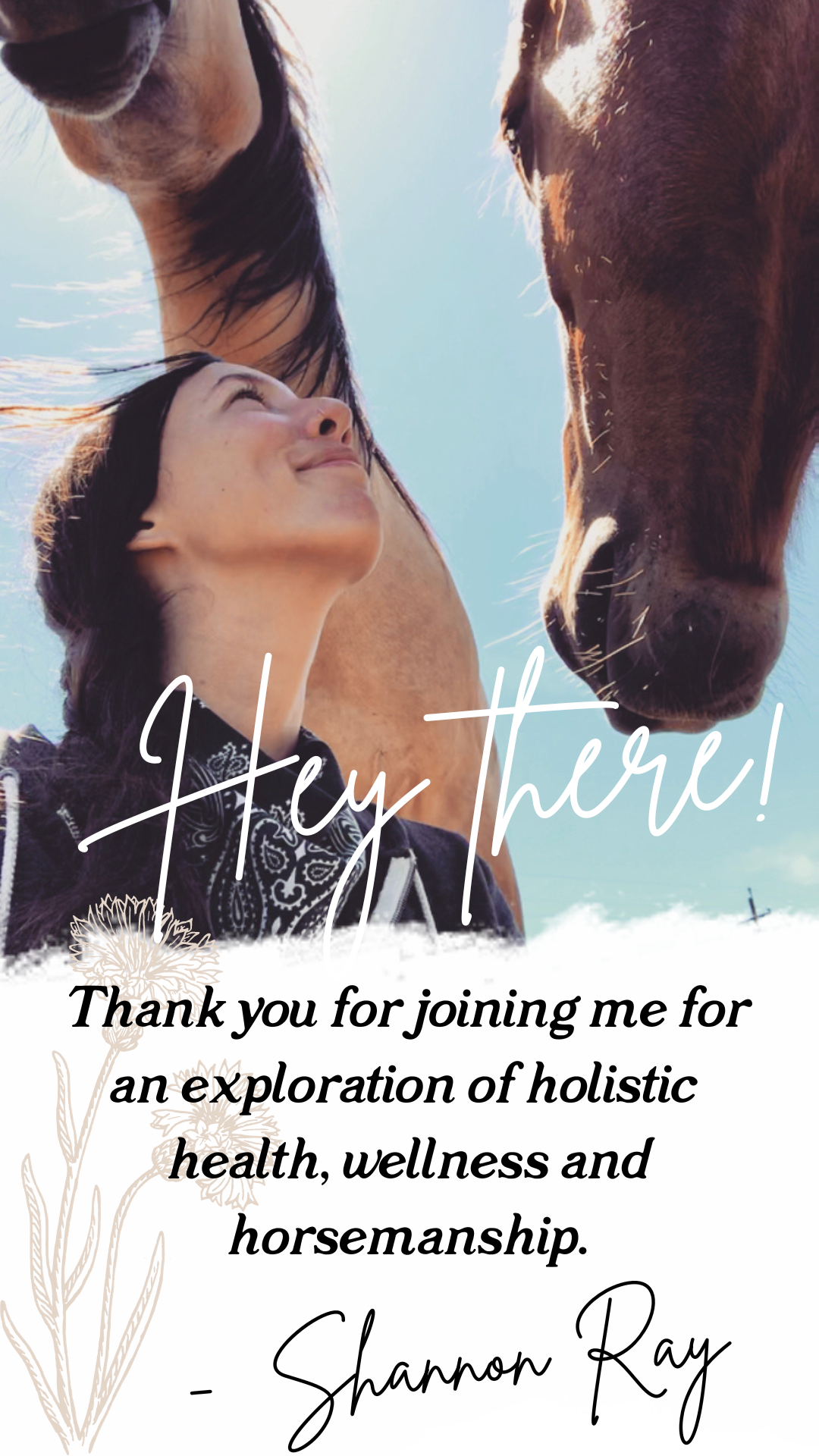Unpacking Emotional Intelligence
Ready to dive deep into emotional waters?
I know firsthand how emotions can be… well, overwhelming! And thus, why we suppress them into the deep, dark corners of our mind - and body. If you’ve listened to episode #4 Emotional Intelligence and Returning to Our Bodies, then you know my story about how I effectively suppressed emotions from traumatic childhood events until my early 20’s.
During that time, I had all the physical symptoms of what is called vata depletion in Ayurveda - my hands, feet, and hips were always cold to the touch, I was underweight, I was fidgety, and I would stare vacantly out windows to try to escape the discomfort in my body.
It wasn’t until my first Ayurvedic bodywork treatment during my Clinical Program in Ayurveda that I understood how all of my physical symptoms of cold were not only linked to, but made manifest from emotions I’d long ignored, and a voice inside my head that I’d kept at a dull roar.
This bodywork treatment had a profound effect on my life as it surfaced the words that had been on repeat in my head for so long… yet had never fully listened to. The voice said, “I don’t want to be here. I don’t want to be here.” And on and on.
I broke down sobbing on the massage table. Not because I truly didn’t want to be here, but because my reclusive shell had been cracked open. There was no more hiding from myself. I couldn’t continue to bury these chronic emotions, that were born with a feeling that said “I don’t want to be here.”
This experience set me on a path to do everything in my power to return to my body. For better or worse, I exist in this physical form. I can choose to love, honor, and learn to feel safe in my own skin… or as I’d been used to doing, I could check out, compartmentalize my feelings, and refuse to address the fear, anxiety, guilt, and shame that had whipped my tissues into a tense, dry, cold, and uncomfortable place to be.
To truly return to my body, I had to address the chronically held emotions that had taken up residence within me until I was ready to look at them, and ultimately, free them.
Long story short, I had to become emotionally intelligent.
Working with Emotions
I believe that horses work on us to become more emotionally intelligent. Essentially, they require us to address our feelings and empathize with theirs in order to safely and effectively form trusting partnerships.
Horses act as truth serum in our interactions with them. If we are not being honest with them about how we’re feeling, they aren’t going to trust us with their feelings. Plain and simple.
Learned knowledge and mental intelligence will only get you so far in working with horses. They care more about your execution than your philosophy, and more your methodology than your rationale. They live in the present, governed by the felt sense which is subject to constant change. Meanwhile, we too often live in the past and future, either worrying about what might happen or feeling badly about what did happen. How to navigate the ever-present emotional tide which ebbs and flows in our bodies and in theirs without dissociating, projecting, or suppressing is a skill that cannot be mastered through explanation, but rather must be experienced.
Emotional intelligence has made the horse an extremely successful prey species that has been domesticated, de-domesticated, and reestablished niches all across classifications ranging from tame, to feral, to wild. Their central nervous system (CNS) is especially sensitive and ready to switch from rest and digest, to fight, flight, or freeze at the blink of an eye. They can read our emotional states before we even get to the gate.
Pretending we’re OK when we are not, or hiding our emotions, is akin to thinking we can trick a horse into being haltered by hiding the halter behind our backs until we get close enough to catch them.
Good luck doing that one twice.
Emotional intelligence is our capacity to experience our own emotions and empathize with them in others. To exercise our emotional intelligence, we can practice addressing our emotions, reflecting on them to understand what they’re communicating, and working to let them go when we’re ready.
Hiding our emotions, stuffing them down, or trying to toughen up degrades our ability to honor emotions in others, and over the long-term, can negatively impact our health.
Being in touch with our emotions is among the most integral practices we can learn that will help keep us healthy, mentally and physically, for as long as possible.











